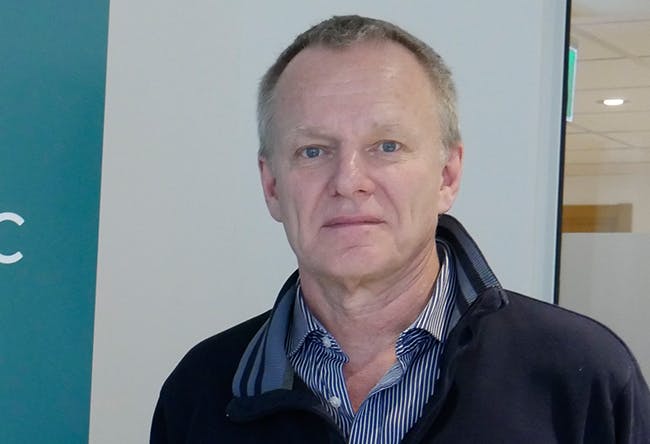“We are making careful preparations, and we will take care of you. That has to be society’s promise to the most vulnerable.”
2020-03-15
Three quick questions to virus expert Bo Niklasson about how countries, government agencies, companies and organisations can minimise the damage caused by the coronavirus.

This week WHO classified COVID-19 a pandemic. How should it affect the strategies and measures?
– A pandemic is when an infectious disease affects a large proportion of the population across the world. Large-scale measures are often required to combat the disease. However, you have to be careful so that the measures are not misdirected and dangerous. It is a challenge for politicians and government agencies to act forcefully based on very fragmented information. The puzzle is being quickly pieced together, but we still do not have the whole picture.
One lesson learned from previous infectious disease outbreaks is that the action undertaken should focus on effective measures based on research evidence and relevant experience and not on something that appears forceful. In this respect, I feel the Public Health Agency of Sweden and the country itself are among those that have acted the most rationally so far.
Our neighbouring countries are closing their schools and borders. Is it not reasonable that Sweden follows suit?
– The rational thing is to take effective measures based on present knowledge and the known situation. According to WHO, around 80 per cent of those infected with COVID-19 recover without needing any treatment; some have no symptoms at all. We also know those hardest hit are the elderly and people with serious health conditions; strong measures should be taken to support them. WHO has estimated the mortality rate for the coronavirus at between one and two per cent in total, but experience suggests that it is initially an overestimate.
WHO is not making any general recommendations on banning public gatherings; however, they are arguing the importance of weighing up the costs against the possible benefits on a case-by-case basis. Closing key social institutions such as schools, preschools, infrastructure and businesses can reduce the spread of infection if done at the right time, but it also entails huge social costs. Such measures cost lives and suffering in other parts of society if they are not warranted.
What advice would you give the government at this juncture?
– They need to explain why it is important to reduce the spread of infection and at the same time why panic measures must be rejected. The reason is not protecting ‘you’ against the disease; it is about spreading out the number of coronavirus cases over time to alleviate the pressure on the health service and society. If people get the message, it also becomes self-evident that, for example, the health service always attempts to save lives or there are always emergency service call-outs even at the risk of the spread of infection. I know from personal experience that you have to be very pedagogical and clear about this; uncertainty has fatal consequences.
Thus far, both the government and the leader of the opposition appear to have been prepared to listen to the experts, and it should continue that way. If there is one thing that could be better, it is we need to be clearer about what might be waiting around the corner, and in that respect, I have been impressed by the UK. Our country needs to be prepared for what might be waiting down the line and safeguard key functions even during periods of extremely high levels of sickness absence.
To protect and take care of those groups that can be seriously harmed by the coronavirus, we need to quickly give the regions and municipalities the resources they require. Emergency departments and intensive care units are vital social institutions, as are primary care services, home help services, home care services and nursing homes.
Society’s promise to the most vulnerable must be that ‘we are making careful preparations, and we will take care of you’.
Bo Niklasson was interviewed by Olle Schubert, CEO of New Republic. ‘Three Quick Questions…’ is a series of interviews conducted by New Republic.